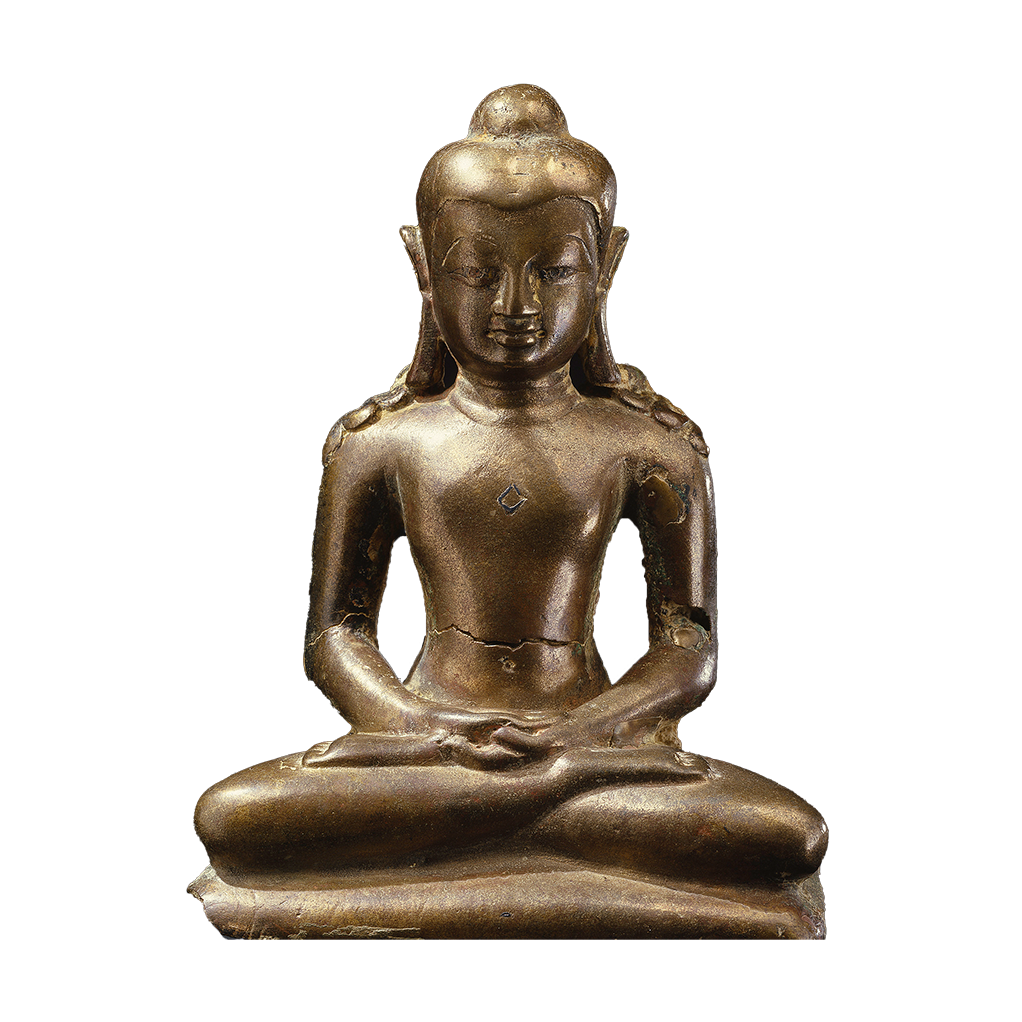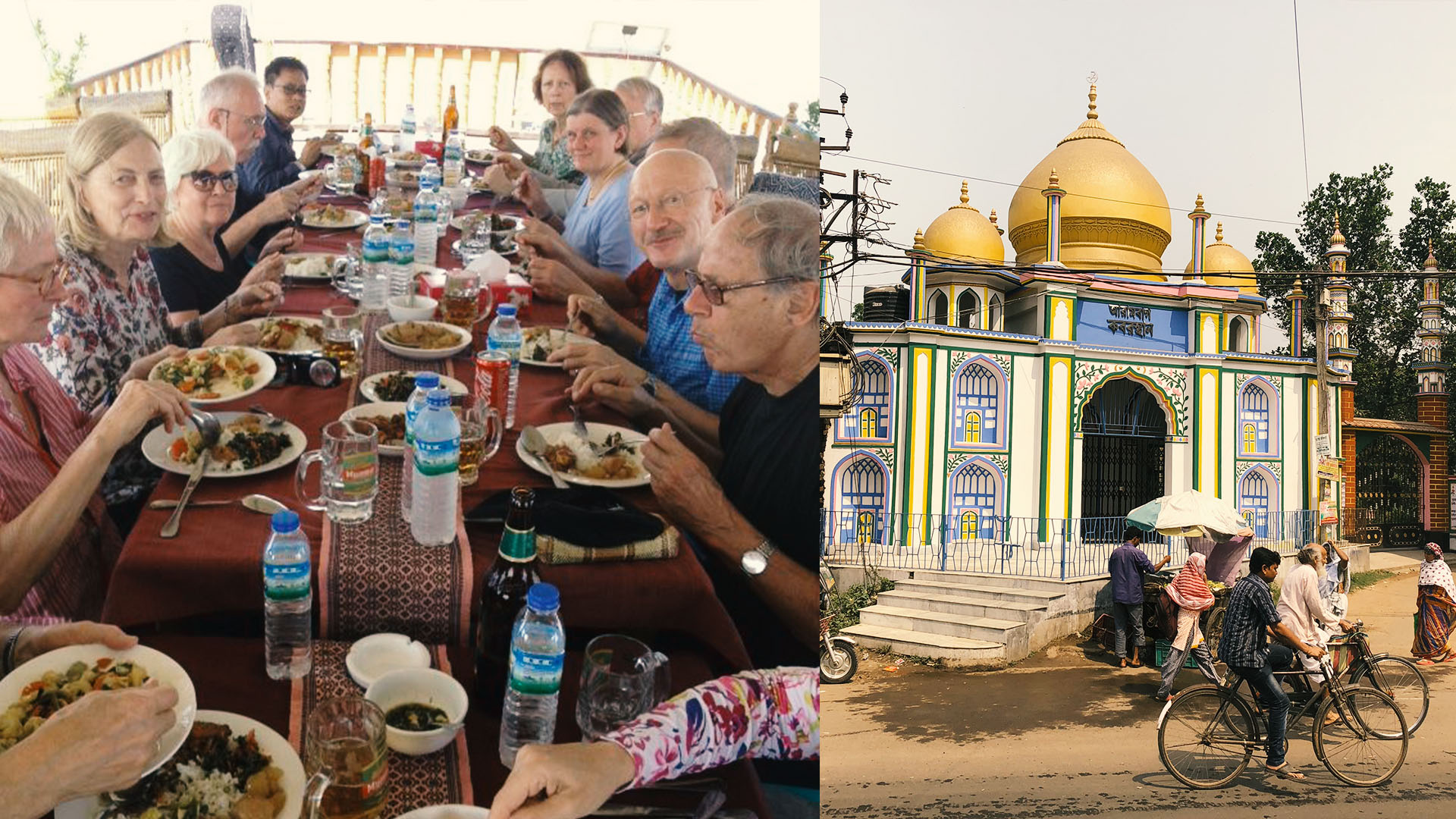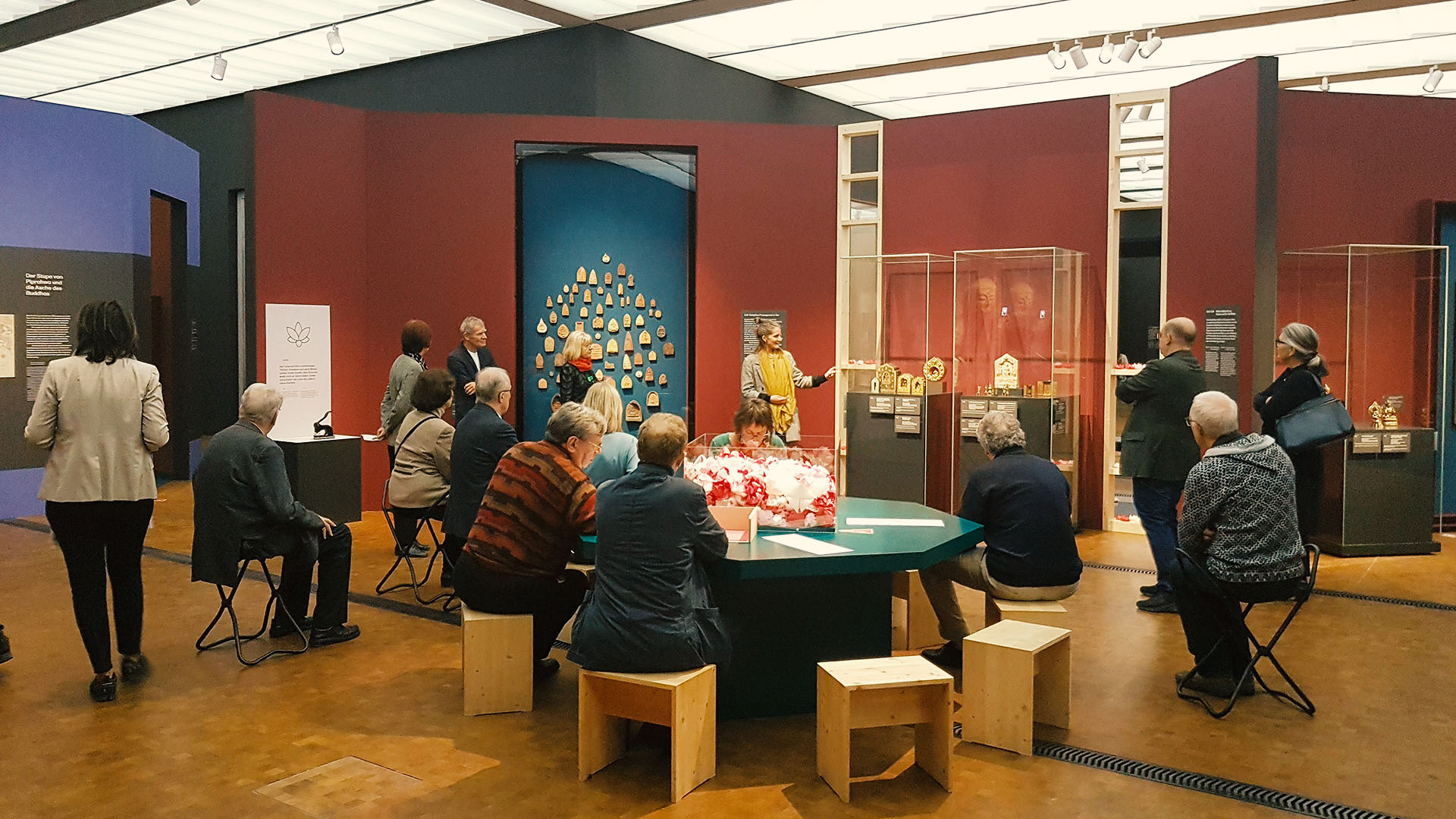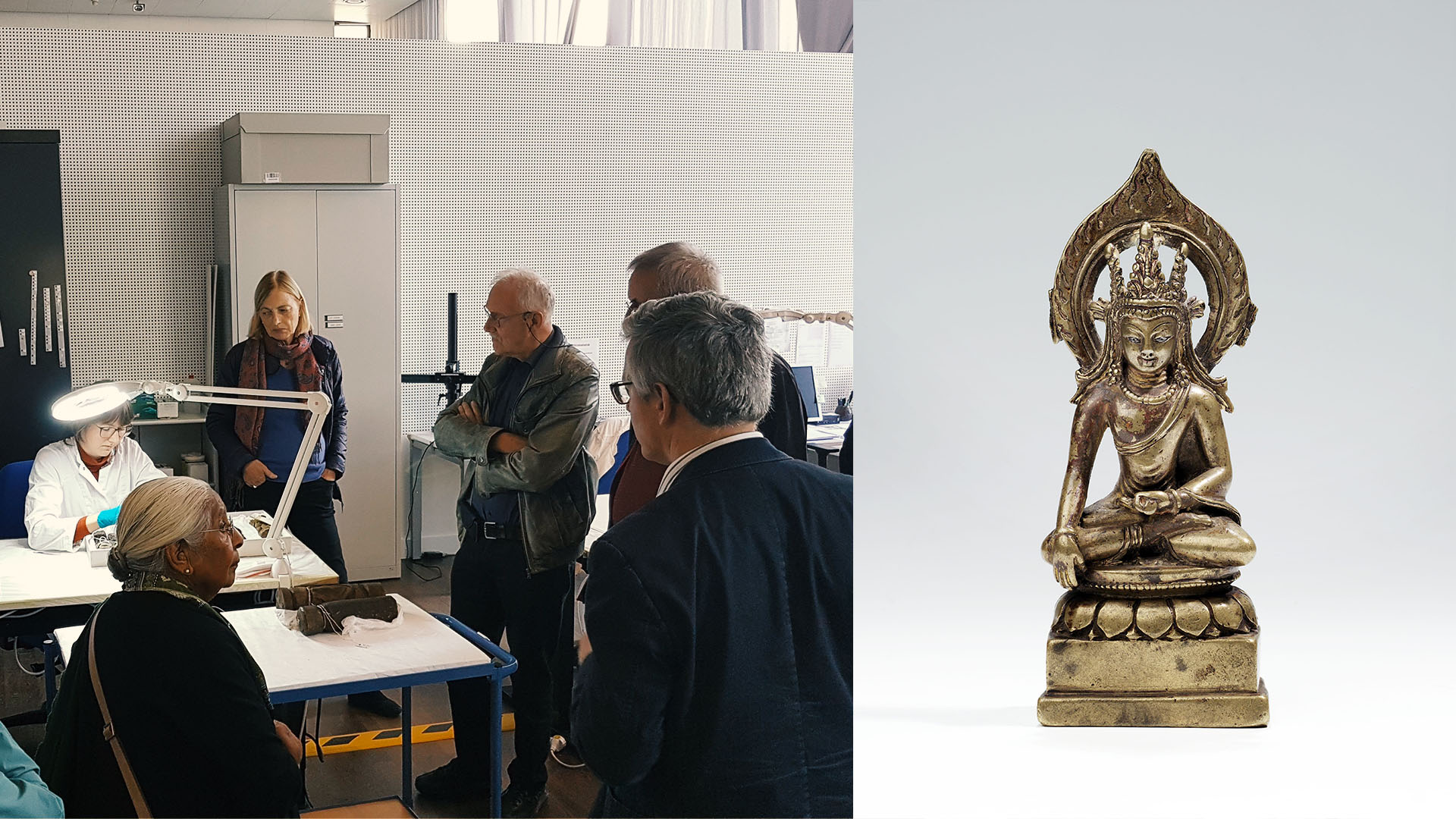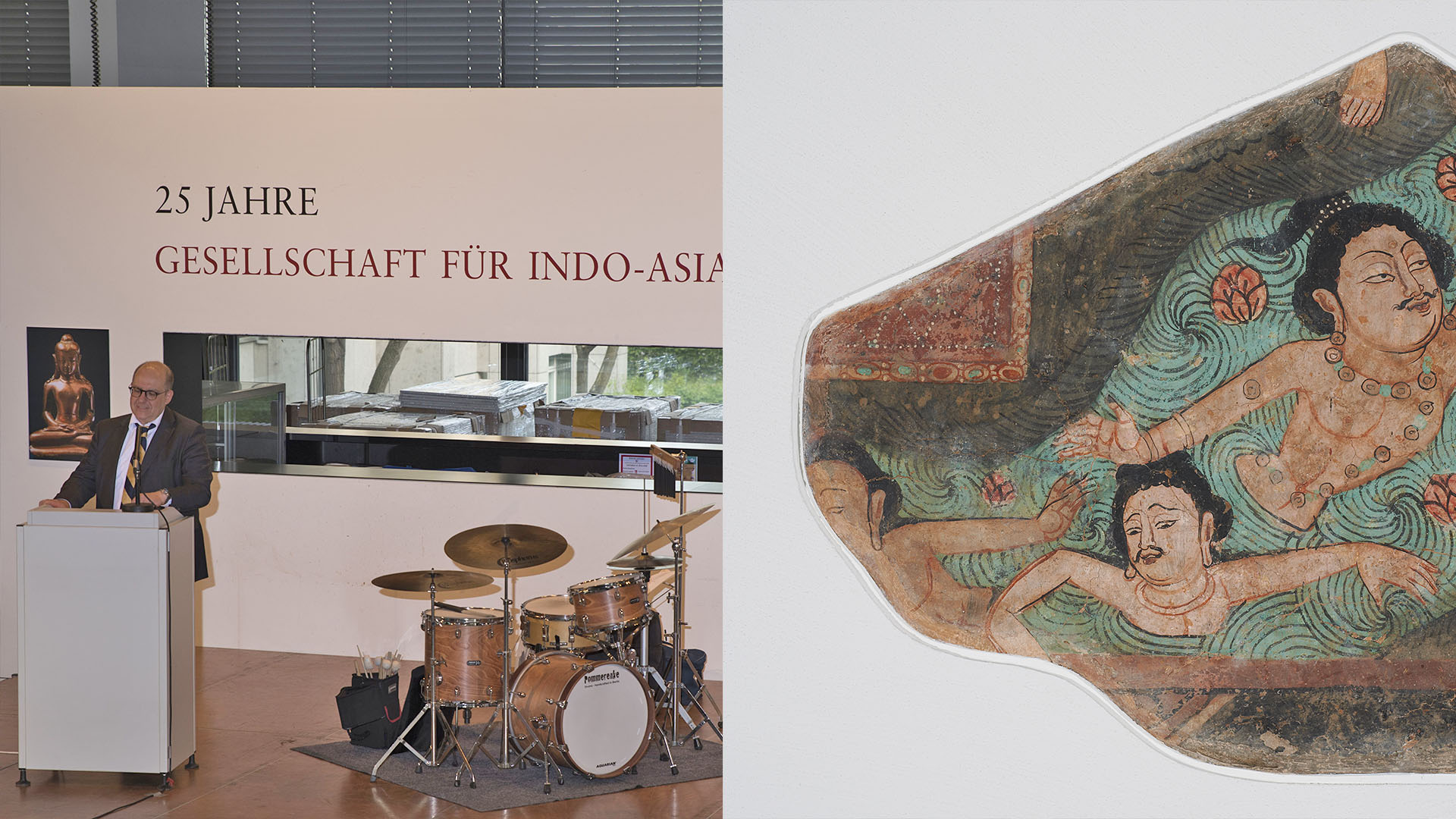
Museum in Dahlem / Kleiner Vortragssaal in der Takustraße 40

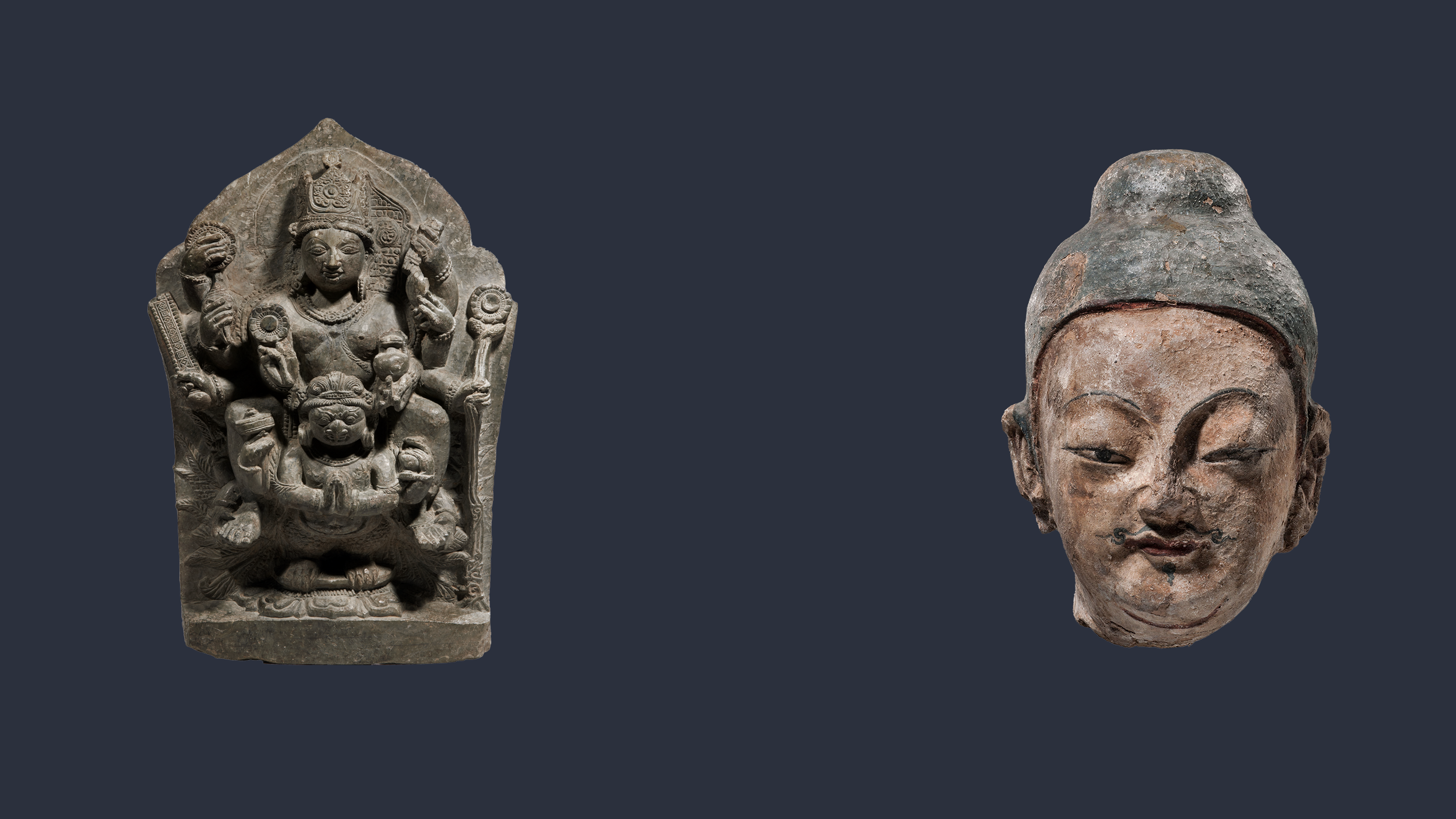

of the Indo-Asian Journal


Trip
2023

What are the activities of the Society for Indo-Asian Art Berlin (GIAK) ?
The Society for Indo-Asian Art Berlin was founded on 24 April 1993 as a non-profit organisation.
The Society aims to disseminate, deepen and promote the knowledge and understanding of Indian art, which, according to scholarly opinion, also includes the art of South-East and Central Asia. It is therefore here after referred to as Indo-Asian art.
In particular, the GIAK supports the collection of South, South-East and Central Asian art at the Museum of Asian Art, which was founded on 4 December 2006. The museum combines the former Museum of Indian Art and the Museum of East Asian Art and is one of the Berlin State Museums…
The indo-asian journal
The Indo-Asian Journal (IAZ) is an art historical journal with scholarly contributions in German and English. It is edited by the Society for Indo-Asian Art Berlin. Since 2018 the IAZ is published by
EB-Verlag Berlin, Verlag für Wissenschaft und Praxis On the following pages you will find information on the authors of the journals, the style sheet for authors, the tables of contents of the individual issues of the IAZ and how to order the journal.
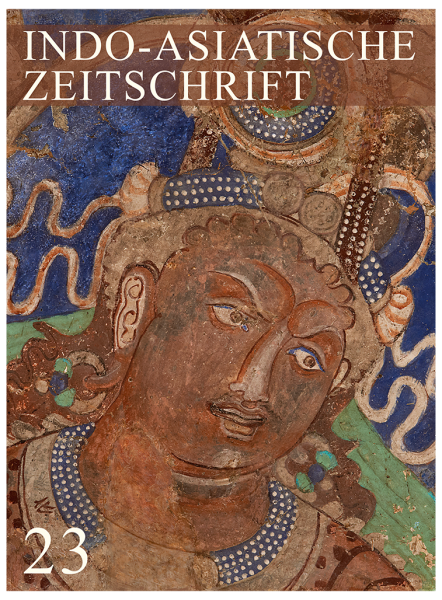
Events GIAK 2025
The Jour Fixe is a monthly lecture series for members of the Society for Indo-Asian Art Berlin, which takes place every last Thursday at 6 pm.
If you are interested, please contact us by e-mail: E-mail to GIAK .
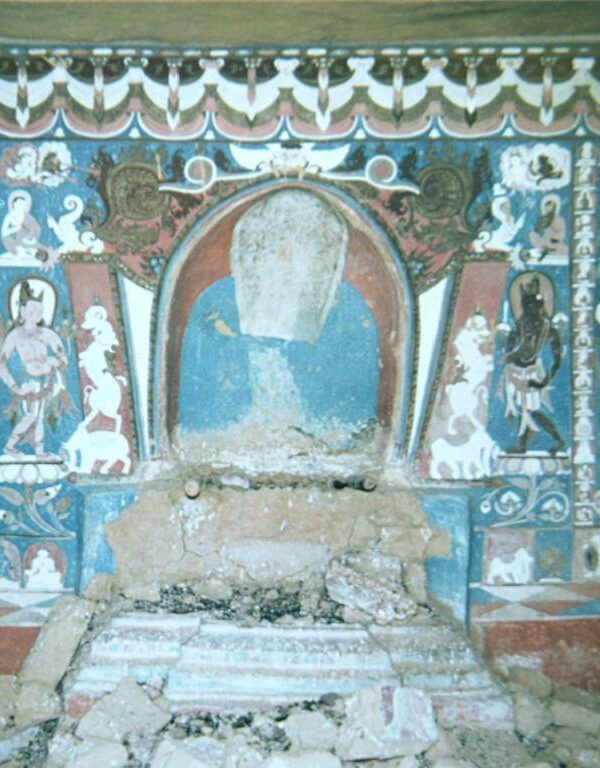
The Bar rdzong cave sanctuary in the western Tibetan Kha rtse valley – stylistic analysis, dating and interpretation
Various aspects of the wall paintings and inscriptions in the Bar rdzong cave sanctuary have been described by scholars in recent years, without focusing on a precise dating and interpretation of the site. The key to dating the shrine to the reign of the Western Tibetan king Grags pa lde (1230-1277) and to interpreting the shrine as a focal point of state importance lies in the analysis of the iconographic programme and the combination of various stylistic devices.Become a member
As a member of the Society, you support Indo-Asian art and enjoy a number of privileges.
Lectures by eminent scholars and curators, followed by discussions, are regularly organised. Interdisciplinary events are held in collaboration with universities, museums, institutes, learned societies and associations.
Guided tours of the South, South-East and Central Asian art collections open up new perspectives on works of art in discussions with art historians, archaeologists and conservators.
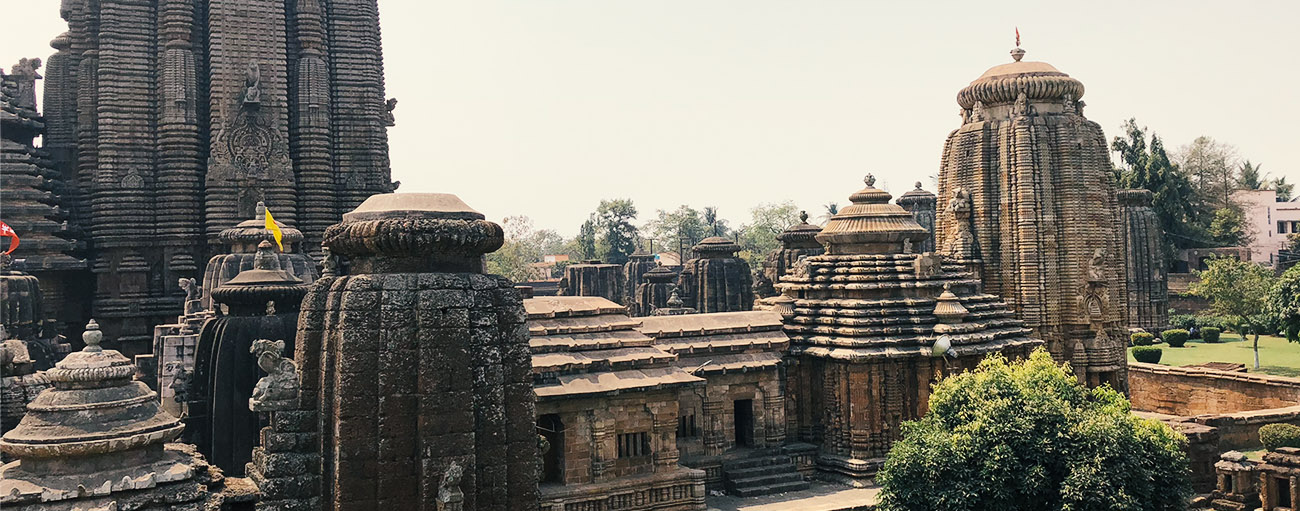
Contact form
Gesellschaft für indo-asiatische Kunst Berlin e.V
c/o Museum für Asiatische Kunst
Kunstsammlung Süd-, Südost- und Zentralasien
